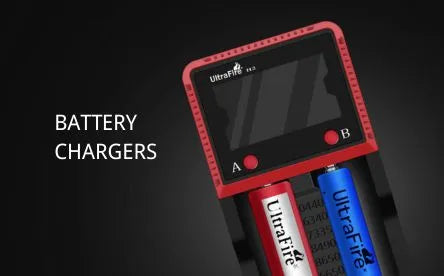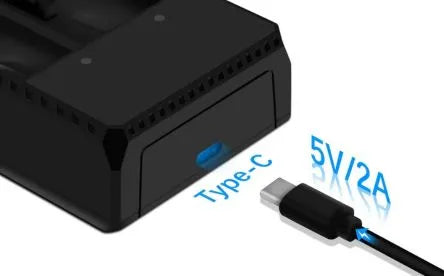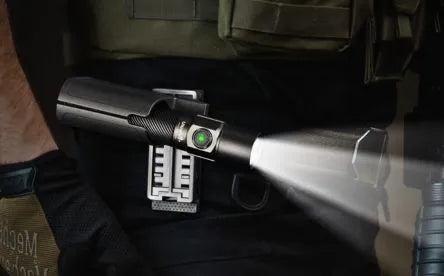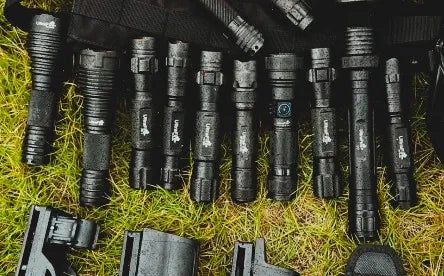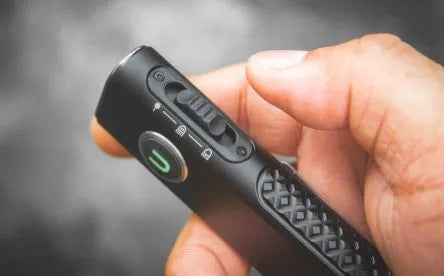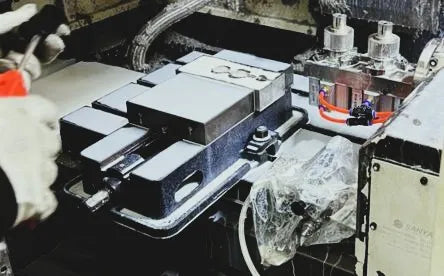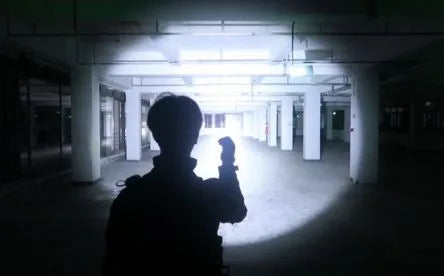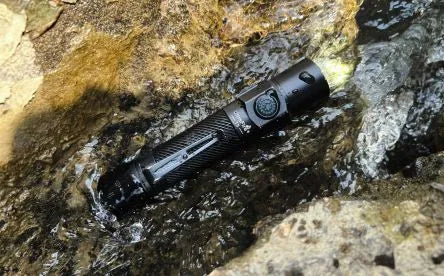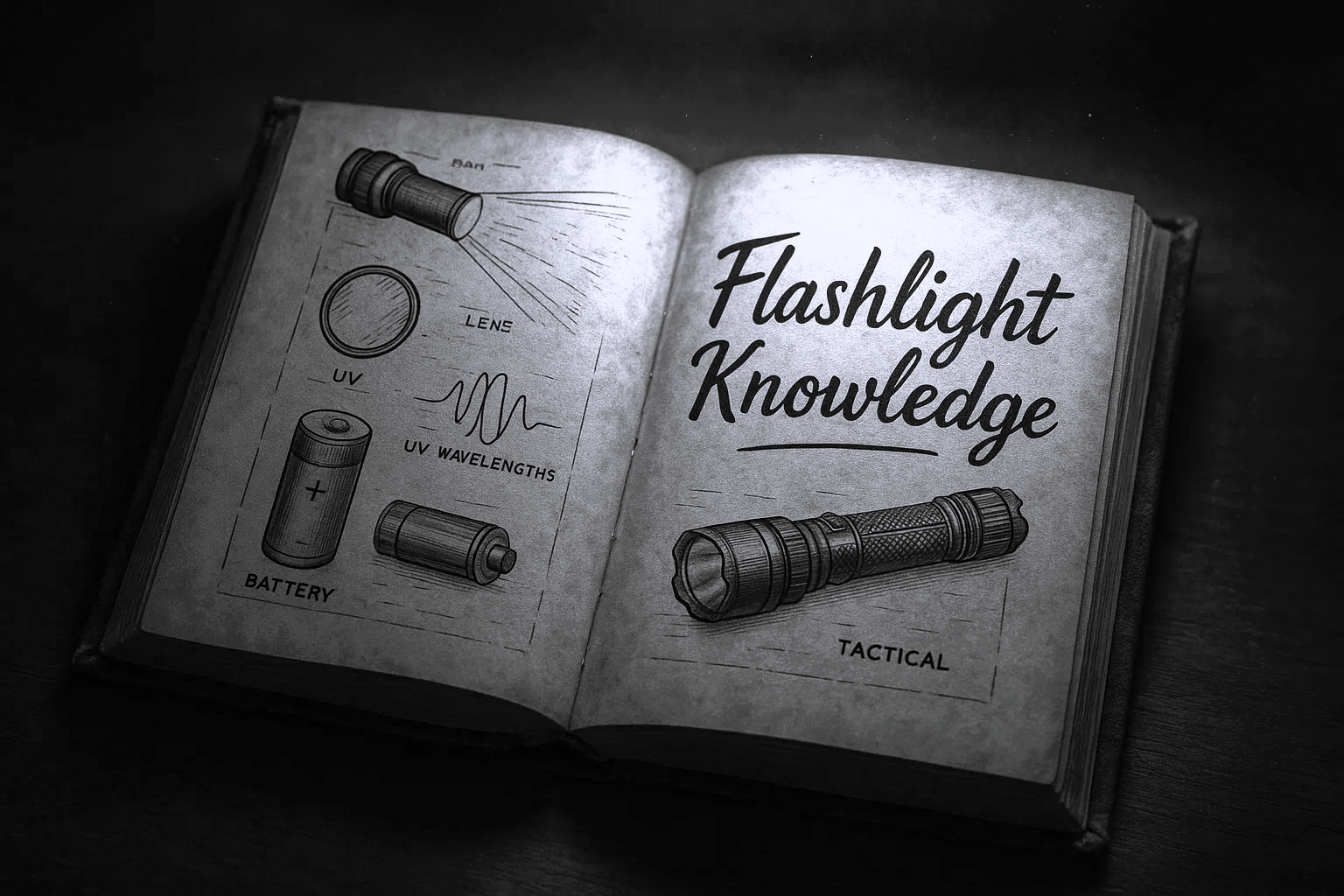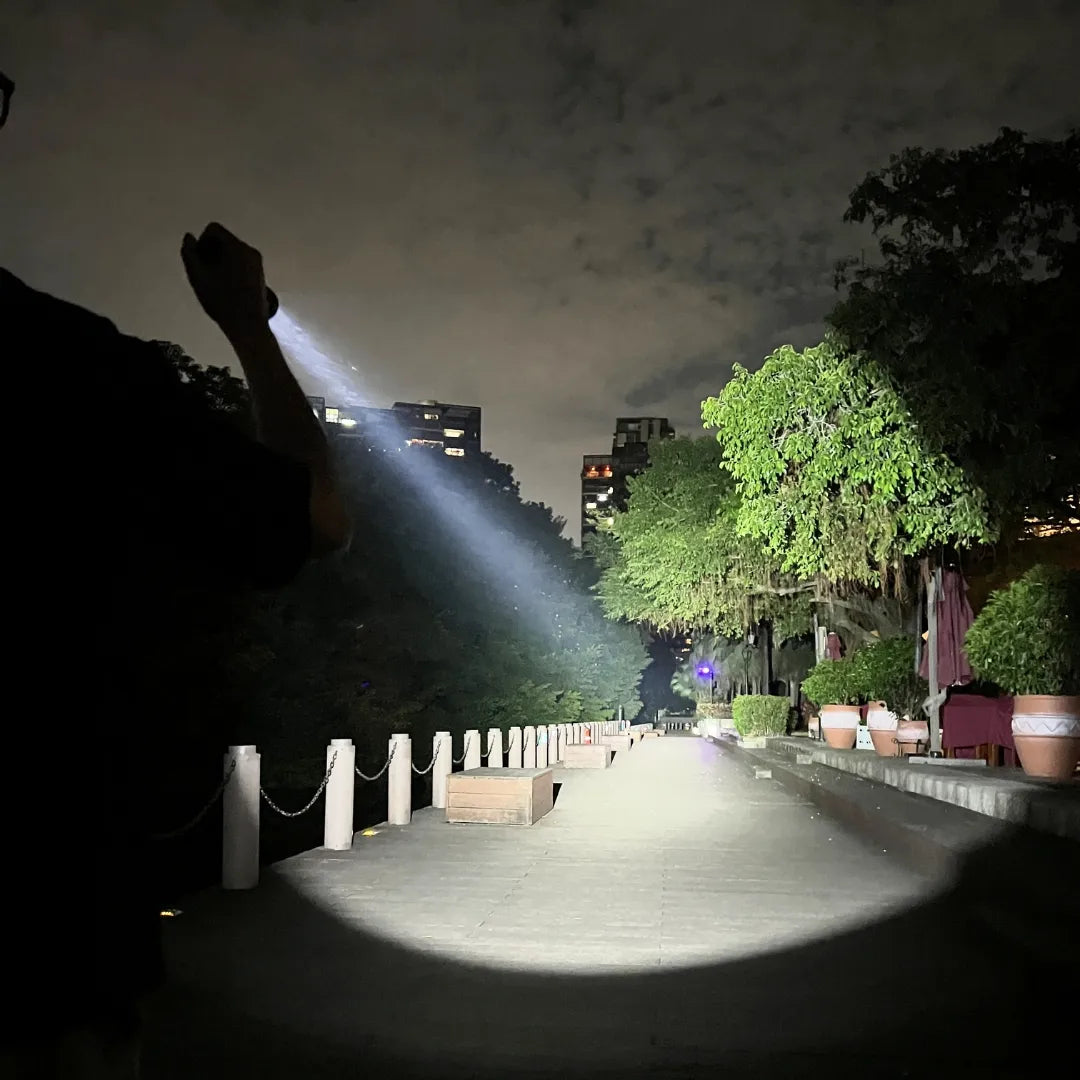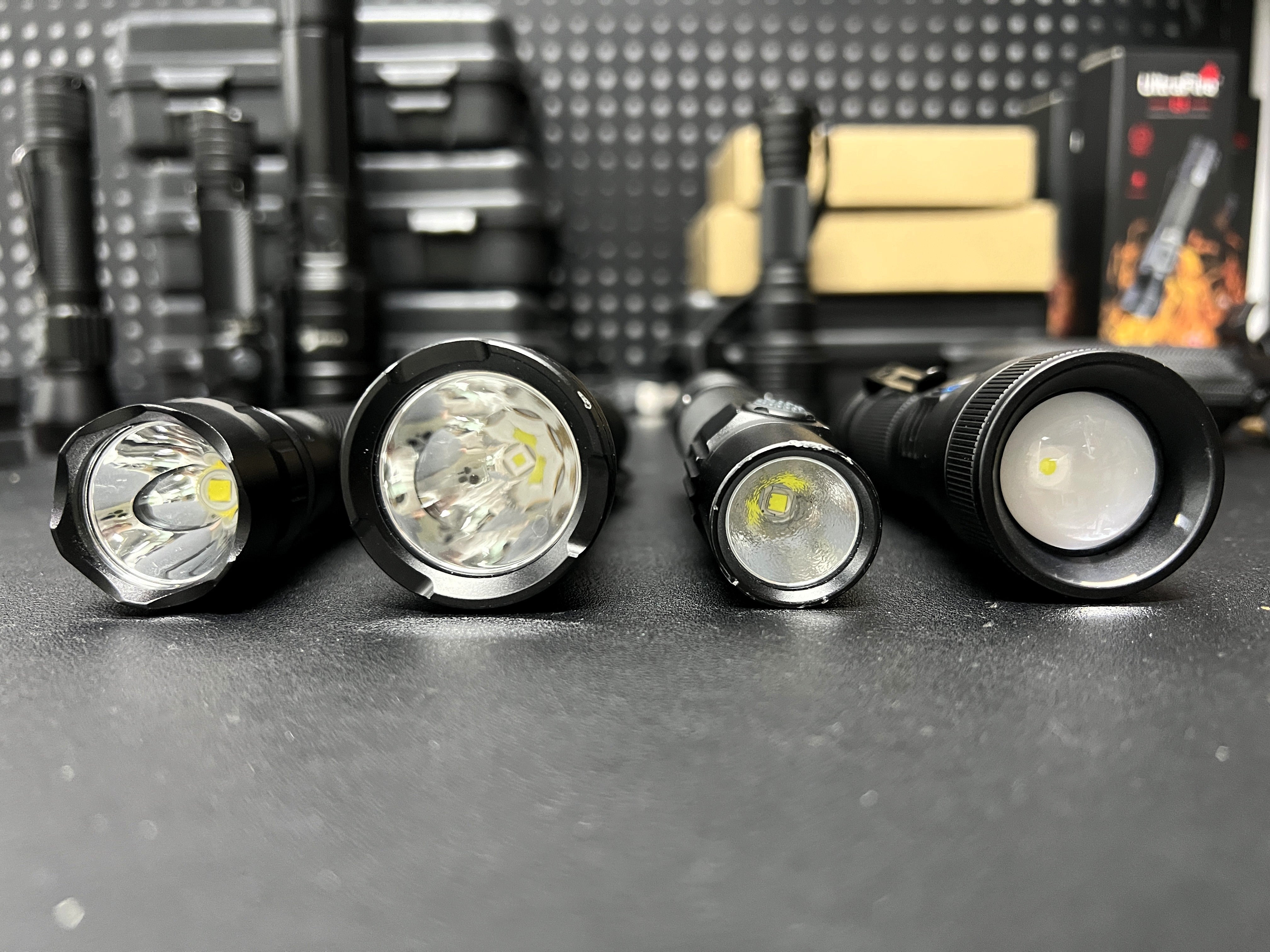What Exactly Is CRI?
CRI stands for Color Rendering Index — a scale that measures how accurately a light source reveals the colors of objects compared to natural sunlight.
The scale goes from 0 to 100:
-
100 CRI means perfect color accuracy (just like sunlight).
-
70–80 CRI is common for most standard LEDs.
-
90+ CRI is considered high and used in professional lighting.
In simple terms:
➡ A higher CRI flashlight lets you see colors more true-to-life.
➡ A lower CRI flashlight makes colors look more washed out or unnatural.
How CRI Affects What You See
Imagine you’re working under a streetlight — everything looks a little yellow, right? That’s a low-CRI light source.
Now think of how colors pop in daylight — that’s high CRI in action.
In flashlights:
-
Low CRI (70–80) often looks cooler and harsher. It’s fine for general illumination and long-range use.
-
High CRI (90+) produces a warmer, more natural tone that helps your eyes distinguish subtle color differences, like between brown, red, and orange — crucial when identifying objects or reading maps.
Impact on the Human Eye
High CRI light feels more comfortable for your eyes because it mimics natural light. You can focus longer without fatigue, and details appear sharper and more realistic.
For professionals — electricians, inspectors, mechanics, first responders — that accuracy matters. Misreading a wire color or detail under low CRI lighting could lead to mistakes.
For everyday users, it simply means a more pleasant viewing experience.
No weird blue tint. No dull colors. Just clear, natural vision — even in the dark.
Which CRI Is Best for You?
There’s no “one-size-fits-all” answer — it depends on how you use your flashlight.
| Use Case | Recommended CRI | Why |
|---|---|---|
| Outdoor adventures / hiking | 80+ | Natural color helps spot terrain changes and wildlife. |
| Camping / daily tasks | 80–90 | Comfortable, accurate color for reading, cooking, and close-up work. |
| Search, rescue, tactical | 70–80 | Maximizes brightness and throw distance. |
| Photography, inspection, medical use | 90+ | Critical color accuracy for detail recognition. |
So if you need raw brightness and throw — go for standard CRI.
If you value comfort, detail, and true colors — high CRI is absolutely worth it.
Why It Matters More Than You Think
Many flashlight brands advertise lumens, but not all lumens are equal.
Two lights might both output 1000 lumens, but the one with high CRI will reveal the world in a far more natural way. It’s the difference between seeing brightness and seeing clearly.
Think of it this way:
-
High lumens = how much light you get
-
High CRI = how good that light looks
Choosing a Quality Flashlight with the Right CRI
A great flashlight balances brightness, beam pattern, and CRI. UltraFire focuses on real-world usability — not just specs — offering LED flashlights designed to deliver powerful brightness with balanced, comfortable color rendering.
Whether you’re exploring outdoors, preparing for emergencies, or need reliable everyday lighting, you’ll find a model that fits your needs.
👉 Explore UltraFire’s full lineup of LED flashlights here:
https://www.ultrafire.com/collections/led-flashlight

